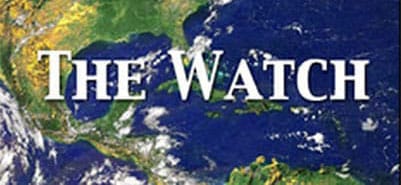Climate Change Education: What Works?
This presentation was given by Martha Monroe, Professor of Environmental Education at the University of Florida, School of Forest Resources and Conservation.
A variety of resources are available to help educators design climate change units and lessons for their students. Which strategies are most effective will depend more on the goal of the lessons than the ability of the students, however. Our recent systematic literature review identified 49 research papers that reported effective strategies for teaching about climate change. The resulting themes suggest that elementary through university students can increase climate science knowledge with relevant, meaningful, and experiential exercises. But most science teachers know that. Climate change is challenging because of the controversial and value-laden issues and misperceptions that swirl around it. Some of the research papers used community projects and deliberative discussions to help students deeply understand the issues and build skills for working toward solutions. This webinar will briefly explain the review process and focus on the key themes that might help educators emphasize valuable and effective strategies in their climate change programs.

Martha Monroe teaches courses in environmental education program development and conservation behavior at the University of Florida. She also is an Extension Specialist and works with extension agents and educators to develop programs that help people learn about their environment and consider how to best take care of it. Recently she was part of a regional team of forestry and climate specialists working to reduce the effects of climate change on forests, and use forests to reduce the impacts of climate change. That projects enabled her to develop the instructional manual Southeastern Forests and Climate Change – a Project Learning Tree secondary module. Evaluations with teachers and students suggest the activities increase knowledge, hopefulness, and systems thinking skills for addressing climate challenges.
Education
Webinar Archives Education ResourcesStewardship
Supporting Stewardship Past Projects Focus Area Resources Applying for Funding
Search Education
Get Social
Last updated: 06/16/24
Author: NOAA
How to cite this article
